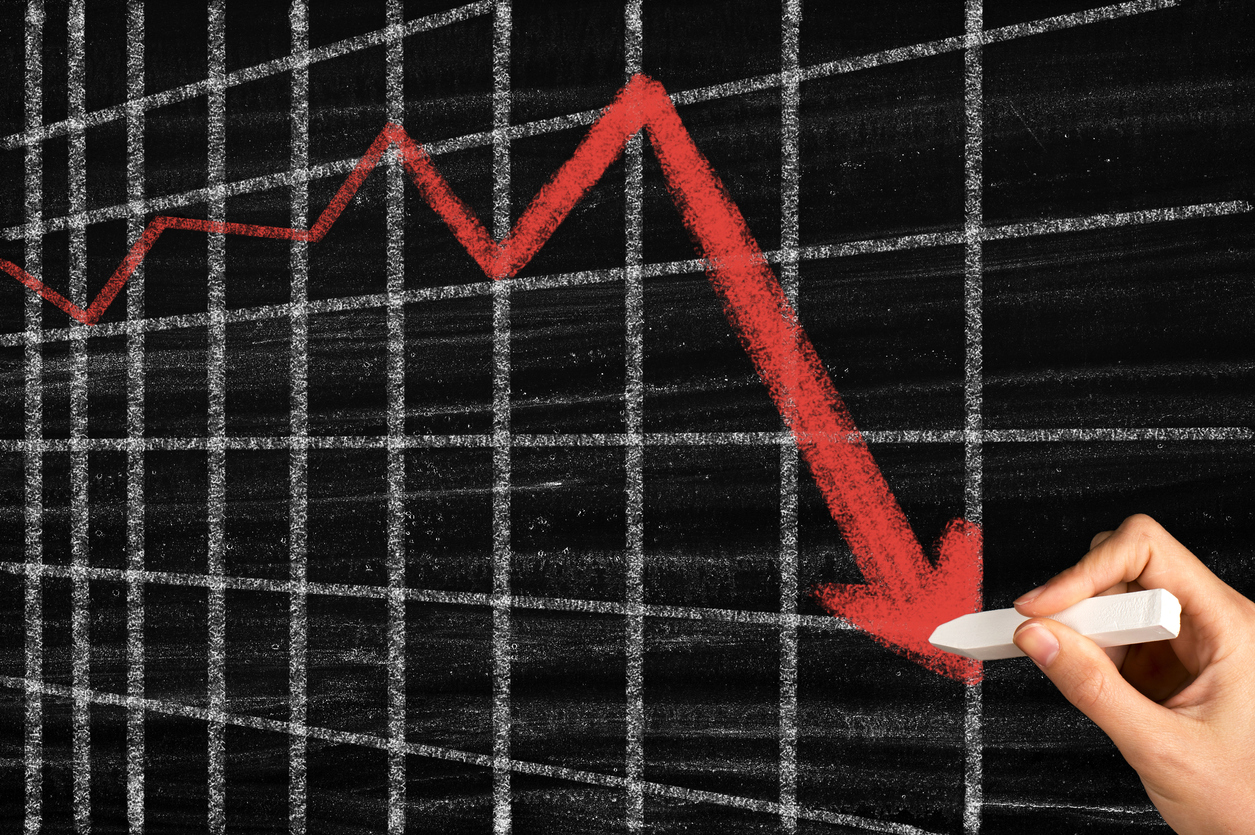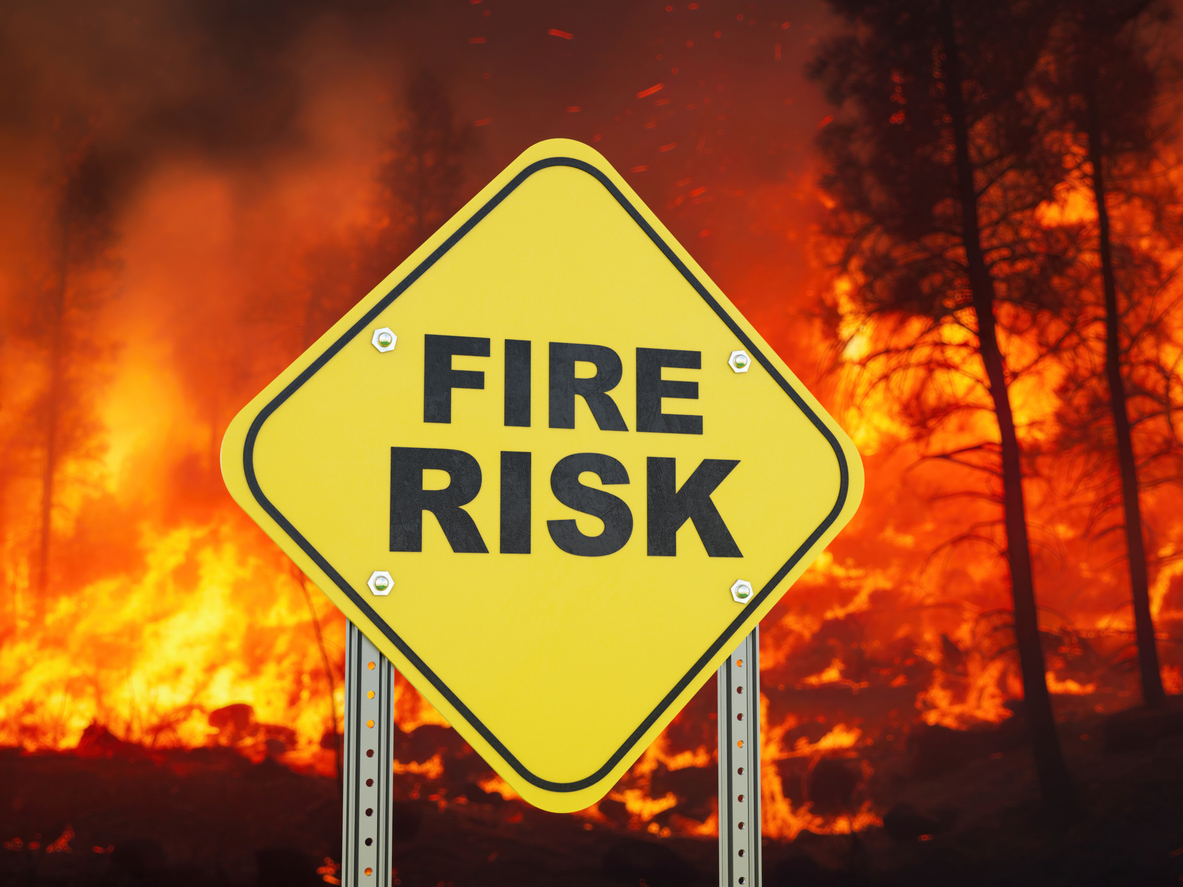The loss of market exclusion excludes from coverage any lost profits due to the business’s market disappearing. The loss of market could be due to economic decline, competition, or shifts in demand attributable to a dramatic occurrence. The question, as usual, is whether that exclusion applies to the claims of lost profit by policyholders that follow a covered peril.
Carriers have consistently attempted to broaden the scope of the loss of market exclusion. They argue that losses resulting from a decrease in the customer base or consumer demand caused by the catastrophe itself should be excluded from coverage as a “loss of market.” This argument has proven to be unpersuasive. In order to overcome this exclusion in Florida, courts have expressed that the insured must simply show that the loss claimed was directly caused by the covered peril.
As stated in in Dictiomatic, Inc. v. U.S. Fidelity & Guar. Co.:1
The subject contract of insurance does not pay for and specifically excludes loss or damage caused by or resulting from consequential loss, delay, loss of use, or loss of market. Therefore, to the extent any loss claimed to be a loss of business income by [the insured] was not lost as a direct result of hurricane Andrew but rather as a consequence of any other reason, then such loss is excluded from coverage and there can be no recovery.
This case illustrates that the insured must demonstrate the loss was directly attributable to the covered peril. The burden then shifts to the insurer to prove that the loss of market exclusion is applicable, which as demonstrated below, has been largely unsuccessful in most jurisdictions.
In New York, for instance, the court interpreted the exclusion as only applying in limited circumstances independent of an otherwise covered peril.
The loss of market exclusion relates to losses resulting from economic changes occasioned by, e.g., competition, shifts in demand, or the like; it does not bar recovery for loss of ordinary business caused by a physical destruction or other covered peril.2
The court in Boyd Motors v. Employers Insurance of Wausau,3 further limited the scope of the loss of market exclusion, stating:
A market is lost when, for example, due to delay in distribution, changes in consumer habits, etc., a certain type of product is no longer in demand with its intended purchasers.
These cases represent a common theme in the interpretation of the loss of market exclusion; primarily, that it is concerned with the pre-loss market, and excludes only those losses attributable solely to market conditions. As accurately stated in an article authored by Paul Breene and Anthony Crawford:
The purpose of the loss of market exclusion is to prevent a policyholder from insuring ordinary business risks; for example, shifts in demand due to changing consumer tastes or improvements in technology. Accordingly, the loss of market exclusion should not and is not available to insurance companies as a basis to avoid paying for business interruption losses resulting from the very same catastrophe for which the policyholder is seeking insurance coverage.4
Whether the court is persuaded by this line of reasoning, it certainly represents a reasonable interpretation of the exclusion’s purpose. This leads to a persuasive argument of ambiguity, and as courts across the country have consistently held, “[e]xclusionary provisions which are ambiguous or otherwise susceptible to more than one meaning must be construed in favor of the insured, since it is the insurer who drafts the policy.”5
___________________________________
1 Dictiomatic, Inc. v. U.S. Fid. & Guar. Co., 958 F. Supp. 594, 604 (S.D. Fla. 1997).
2 Reade v. St. Paul Fire & Marine Ins., 279 F. Supp. 2d 235 (S.D.N.Y. 2003).
3 Boyd Motors v. Employers Ins. of Wausau, 880 F.2d 270, 273 (10th Cir. 1989).
4 Paul E. Breene and Anthony B. Crawford, ‘Loss of Market’ Exclusions to COVID-19 Business Interruption Insurance Claims, (May 13, 2020). https://www.law.com/corpcounsel/2020/05/13/loss-of-market-exclusions-to-covid-19-business-interruption-insurance-claims/?slreturn=20201012105511
5 Deni Assocs. of Fla., Inc. v. State Farm Fire & Cas. Ins. Co., 711 So. 2d 1135, 1138 (Fla. 1998).




